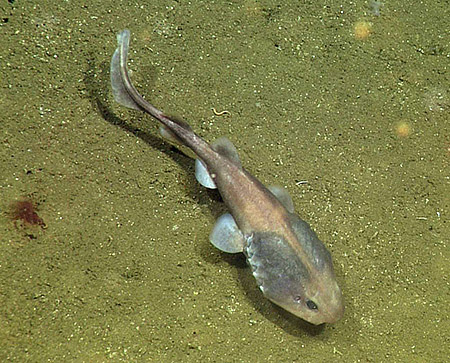Northeast-Atlantic fish stocks: Recovery driven by improved management
By THÜNEN INSTITUTE 2/4/2019 Sustainable exploitation of wild fish is possible, but only when fisheries policies are implemented that ensure precautionary catch regulations Due to overcapacities in fishing fleets and insufficiently regulated catches, many fish stocks in the Northeast-Atlantic had reached very low levels by the end of the 20th century. However, an increasing number of stocks has shown signs…
